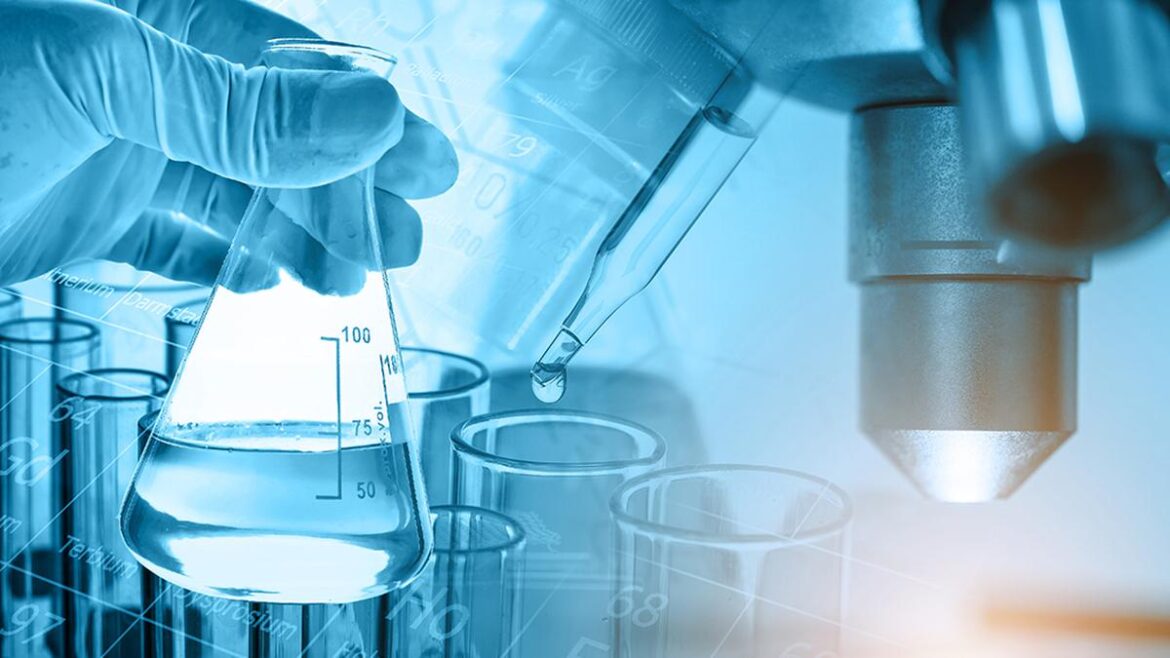Table of Contents
Why was a customs duty hike imposed for lab chemicals? | Explained
Premium
What are the different kinds of chemicals which are imported into the country? How important are these chemicals for scientific research? Is Ethanol also imported into the country?

For representative purposes.
| Photo Credit: iStockphoto
The story so far: The Finance Ministry has withdrawn a customs duty hike on imported laboratory chemicals, which was proposed post the Budget, after scientists raised a furore.
What are laboratory chemicals?
Imported chemicals, reagents, and enzymes come under the category of laboratory chemicals and are vital to experimental research across nearly every domain of scientific research. They comprise oxidisers, corrosive acids, and compressed gas, that are used by researchers to conduct experiments and even make new products. Outside of research settings, the medical diagnostics industry is run on laboratory chemicals. Closely affiliated to these chemicals are laboratory instruments such as funnels, beakers, test tubes and burners. Because these chemical compounds have a wide range of properties and are potentially hazardous, they are regulated and their imports scrutinised.
Most of such chemicals are niche products and can be fairly expensive. The Customs Department defines laboratory chemicals as “all chemicals, organic or inorganic, whether or not chemically defined, imported in packings not exceeding 500 gms or 500 millilitres and which can be identified with reference to the purity, makings or other features to show them to be meant for use solely as laboratory chemicals.”
What was the issue?
The Budget documents released on July 23, silently hiked the Basic Customs Duty (BCD) on these chemicals to 150% from the existing 10%. The matter came to light with scientists from reputed, publicly funded research laboratories in India reporting on social media platforms, such as X, on having received emails from suppliers — typically there are specialised companies that trade in these chemicals — that the chemicals had become expensive. For instance, a batch of products that usually cost ₹1,00,000 before the Budget would now cost ₹2,50,000. There was also a 25% hike on the plastic components imported for laboratory uses. Researchers were flummoxed by the steep increase and some told The Hindu that they believed it to be a “misprint.” Several senior scientists wrote to the Ministry of Science and Technology asking for clarity. However an issue of customs duty must ultimately be dealt with by the Ministry of Finance along with the Commerce Ministry.
Why are imported chemicals a must?
India is a major pharmaceutical and chemicals manufacturer and also an exporter of complex chemicals. However, there isn’t enough of local demand among Indian research institutions for companies to make the substantial capital investments required to produce niche chemicals, Dr. Vinod Scaria, a biologist, told The Hindu. A key feature of experimental research is trying to replicate results of experiments conducted abroad and this often requires the exact materials used.
How was the issue resolved?
As it emerged, the hiked up rate wasn’t a misprint. The customs department did this as it wanted to reign in imports of ethanol that were being brought in as ‘laboratory chemicals’ to avoid the customs duty of 150%. There are broadly two kinds of ethanol. Ethanol, of varying grades, sourced from grain and used in the manufacture of alcohol and, ‘denatured’ ethanol, which is ethanol mixed with additives and unfit for consumption. The latter also comes in grades but is used in laboratories and in commercial applications.
Scientists told The Hindu that denatured alcohol is made by several local manufacturers and doesn’t usually need to be imported. However, the revised Finance Ministry notification puts in some additional caveats that may still impose some delays in the procurement of such chemicals. It states that while the duty rate would revert back to the original rate, all imported laboratory chemicals need to be accompanied by a letter that says the goods will only be used in a laboratory and for research and not further traded for commercial gains.
Read Comments
- Copy link
- Telegram
READ LATER
Remove
SEE ALL
PRINT
Related Topics
Text and Context
/
The Hindu Explains
/
science (general)
/
chemicals
/
taxes and duties

